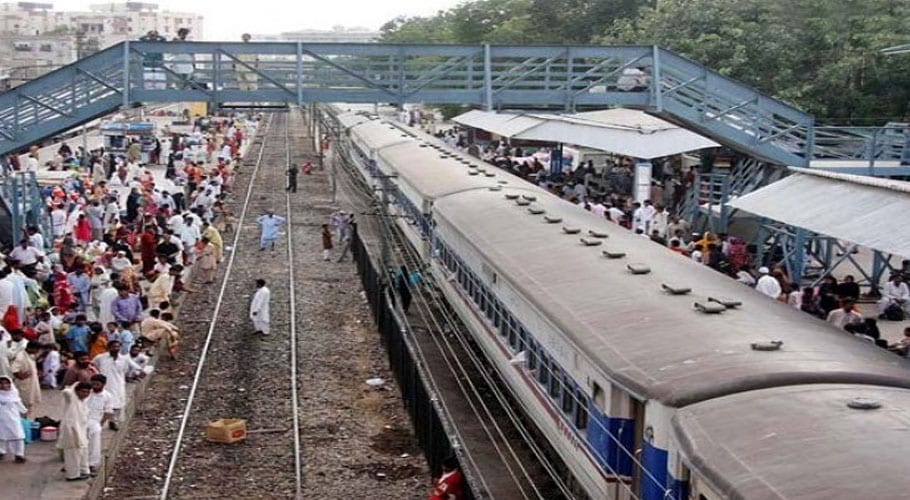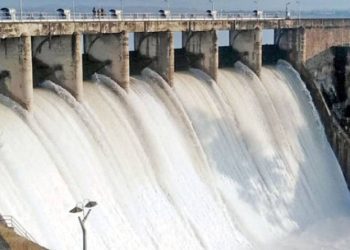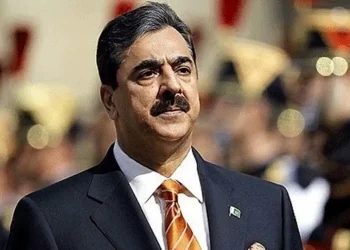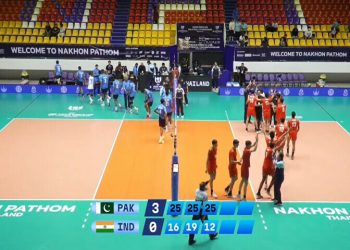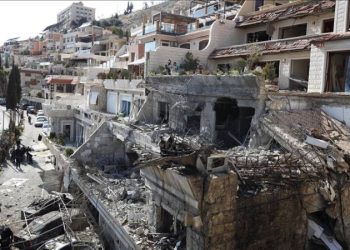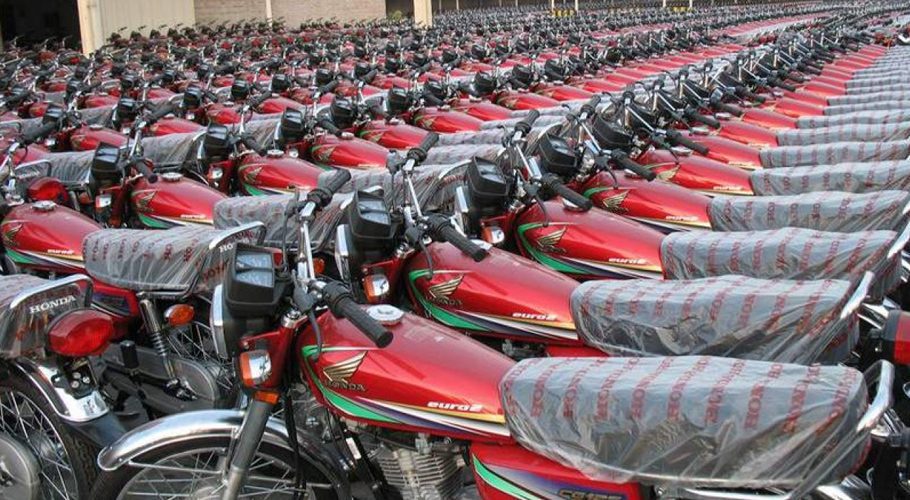Will Karachi Circular Railway be restored?
Related Stories
Trending Stories
Opinion
July 15, 2025
- Nadeem Moulvi
June 29, 2025
- Munir Ahmed
June 28, 2025
- Munir Ahmed
No posts found
Early morning rain brings relief to Karachi’s heat-stricken residents
It rained early this morning in various areas of Karachi, breaking the intensity of...
Own a Suzuki Every today – No markup, easy installment
You can now drive home a compact MPV Every as Pak Motor Company launched...
Karachi to Keenjhar picnic turns fatal: 6 killed in Thatta bus accident
A bus from Karachi heading to Keenjhar Lake for a picnic met with an...
MM Digital (Pvt.) Ltd.
MM News is a subsidiary of the MM Group of Companies. It was established in 2019 with the aim of providing people of Pakistan access to unbiased information.
Contact Details: 03200201537







